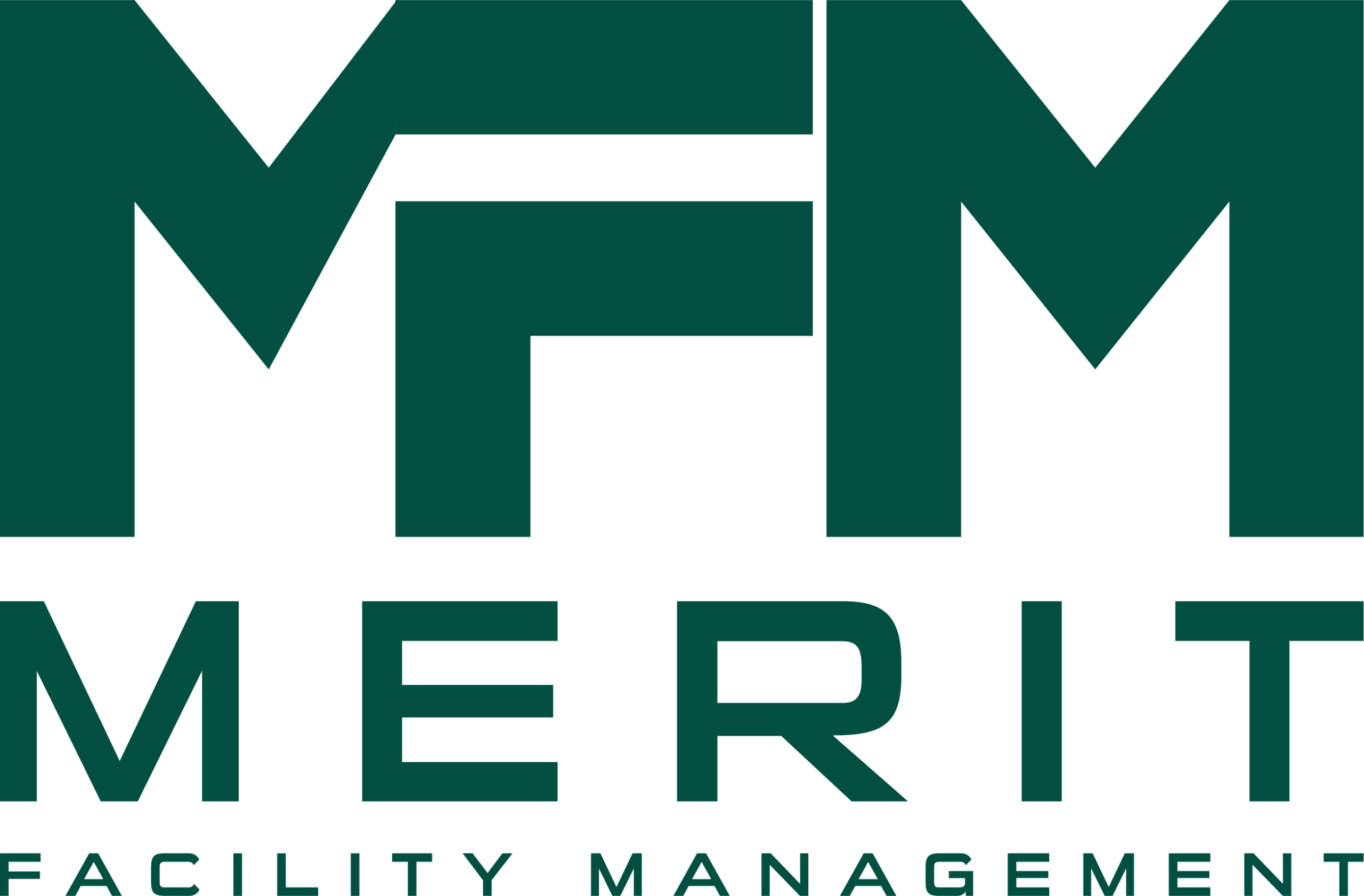How To Write A Property Maintenance Contract Tender
July 21, 2020 | Read: 8 minutes

It’s easy to talk about the benefits of winning maintenance contracts, but how exactly do you get there?
A property maintenance contract tender can be a great way to earn more reliable recurring income. After all, come rain or sunshine, these property managers will need to regularly service their appliances in order to legally rent properties.
Writing the tender can be harder than winning the contract, mostly because so many field service companies have a hard time with the task and end up foregoing what property managers are really looking for in service companies. What do they write in the contract? What promises do they make? It’s often tempting to think of it as a fight to the bottom for the lowest price…
The problem is, you could offer to do the whole thing for free and a property manager would still reject your tender if it’s missing some of the following…

Accountability strategy
One of the most important things a property manager wants to know is how organized your company is. Field service managers are tempted to wax poetically about the quality of their service and the years of experience their technicians have. Planned maintenance software can help you organize all aspects of contract management.
However, more often than not, the actual jobs you have to do as part of a maintenance contract aren’t all that difficult and a property manager knows this. Instead, then, the property manager is looking more for a responsible, committed, and organized company that they can trust to get the job done so that they can continue their own job without hiccups.
Having accountability and a thorough paper trail is essential because when you’re writing your property maintenance contract tender, this proves that you have your hand on the pulse of everything that happens in your field service business and that every action can be traced back to an individual and fixed. It’s incredibly reassuring to see this laid out clearly and will put your tender in good stead.
Metrics of your work order history
Like we mentioned previously, it’s not enough to say that you’ve got a 100% success rate. In fact, it’s actually quite a bad idea (no one is perfect) and a property manager will just assume that this isn’t the only thing you’ve embellished in your property maintenance contract tender). You also have to prove your track record and the best way to do that is to present a comprehensive but – and this is key – short history of your work order.
Statistics like average response time for emergency work, or the number of work orders completed on schedule, are easy to digest (especially when a person is reading through dozens of them) and, most importantly, relevant to the property maintenance contract tender you’re trying to win. Bonus points if you compare yearly results and highlight improvements that demonstrate the positive consequences of good leadership.
Read more: How to Find a Field Service Scheduling Software
Description of how you will manage the additional workload of a complex property maintenance contract
This is often another overlooked matter when it comes to writing a property maintenance contract tender and one that will significantly stand out to property managers if it’s not addressed, especially if this is your first contract.
Field service managers can sometimes underestimate the strain on their resources that a maintenance contract implies. This is why it’s important to show that you’ve accounted for an increase in workload of up to 50% (if not more) depending on the kind of business you’ve been doing until now.
This is where you get to shine a light on your scheduling system and how you plan to accommodate both preventive service work as well as reactive (more about that later!).
Chances are you’ll continue to work for private customers or go on to tender for other contracts too, unless this is a particularly big fish that you’re keen on dedicating your business too (keep in mind that it’s unwise to rely on a single customer, no matter how big they are!) and your solution will be to hire more technicians in order to cover all that work.
However, property managers want to hear how your business infrastructure will support these and avoid any costly scheduling errors.
Organized preventive maintenance, in addition to reactive work
Planned preventative maintenance (PPM) is a scheduled routine maintenance of assets that are serviced according to a contract – it’s the bread and butter of your property maintenance contract tender. Reactive work refers to those unpredictable, emergency situations that property managers rely on field service companies to deal with.
Whenever a company rents accommodation to tenants, it has to comply with a series of legal requests, according to state legislation. This means that appliances have to be serviced regularly and certified, while the overall state of the property can make or break a deal.
This is why property managers want to see your contract tender presenting a strong strategy for scheduling PPM to prevent any regular maintenance breach, and your methods of ensuring the response time for reactive work is top-notch.
Description of how you will maintain a high standard of work and a definition of said standard
Also known as a service level agreement, this comes later down the line, after you’ve been selected as a main contender or even won the contract but that doesn’t mean you shouldn’t account for your SLA management strategy in your property maintenance contract tender.
After all, a property manager wants to see how you plan to maintain a high standard of service and it’s a nice touch to add this to your tender.
You can use the statistics you’ve put together for point no. 2 and show that your response time is well under the industry standard while your success rate guarantees minimum downtime for every property you service.
An inventory management strategy and description of how you’ll keep stock levels transparent
Property managers don’t need to know everything about your inventory levels but a degree of transparency is necessary, especially for more specific types of spare parts. However, the cost of spare parts is relevant since it influences the final cost breakdown of each work order and these add up in the end, especially for long term contracts.
Inventory management is no one’s favorite task, regardless of what tools you’re using to get it done. This means that the better you are at it, the more professional you’ll look when tendering for a maintenance contract.
In addition, it also means being able to offer better prices without damaging your profit margin thanks to the savings you gain from an optimized inventory. For example, by using forecasts based on previous years statistics, you can predict how many items you’ll need and avoid overstocking and other inventory pitfalls.
Comprehensive invoices breaking down each individual work order
We mentioned that transparency regarding the cost of spare parts can be a point in your favor; well, a clear invoice breakdown can take that one step further. The fact that a property maintenance contract usually implies various types of jobs (can be both plumbing and electrical, alarm security or heating/cooling installations, etc.) is challenging for your admin when it comes to invoicing because, depending on your technicians’ specialization and level of experience, you might be paying them differently.
At the same time, there’s the issue of overtime emergency services, where again, the pay rate differs.
Guaranteeing in a tender that your invoices can present every cost with maximum accuracy every time, will put you way ahead of the competition. Property managers need to account for every cost to their own shareholders so if you can make it clear they don’t have to waste time going back-and-forth over inaccurate or vague invoices, it will definitely make you a five-star field service company in their eyes.
Write a remarkable property maintenance contract tender
When researching how to write a property maintenance contract tender, you’ll often come across companies asking something along the lines of “proof of innovation”. This can sound vague and confusing but what property managers are really looking for when deciding who to award contracts, is a company that can show them, step-by-step, how ready they are to deal with anything and everything.
Organizational skills, planning, and a willingness to invest in the highest quality tools (and we’re not just talking drills and filters here) will make you stand out from the competition.
At the same time, this is your chance to shine a light on your entrepreneurial spirit and demonstrate how forward-thinking you are as a business leader. Present any major investments you’ve made in your company and employees, such as advanced software tools, sustainability efforts, and educational opportunities in this section.

Cristina Maria
I'm here to bring you next-level strategies to the field service industry. When I'm not working on the best tips to grow your business, I'm on the lookout for sci-fi novels and cookie recipes.








